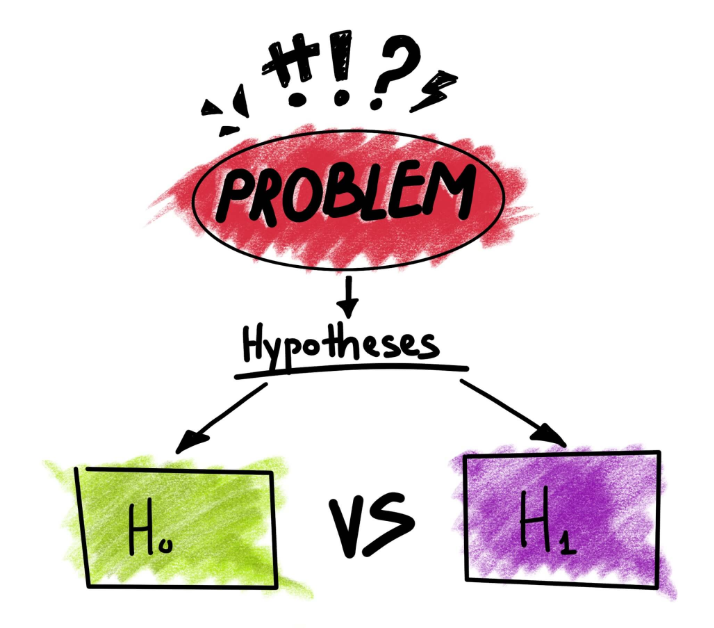Don’t Get Too Connected to Your Hypothesis
November 23, 2020
Categories: Perspective
As a researcher, sometimes I get too connected to my hypothesis. In my work, I spend a lot of time thinking about and studying a particular topic, and it can be challenging to take a step back and keep an open perspective. For example, in graduate school, I did a lot of work studying the psychology of forgiveness. I collected data and wrote papers on how people forgive, why forgiveness is beneficial, and how people from different cultural backgrounds think about and practice forgiveness. I spent a great deal of time and energy thinking about forgiveness.
Can Forgiveness Be Bad?
I remember reading a paper by another researcher on how forgiveness could be a bad thing. His general theory was that in committed relationships, forgiveness was a way to let people off the hook. In other words, forgiveness enabled spouses to repeat their bad behavior without consequence. He did some interesting studies on married couples and found that if a person was more forgiving, their spouse was more likely to do something to hurt them the next week!
I remember reading these studies and having a bad attitude at first. “What kind of researcher devotes his life to showing how forgiveness is BAD?” I grumbled to myself. I started to pick apart his research studies and look for flaws in the methodology. There was a part of me that didn’t want to believe that forgiveness could be a bad thing.
Too Invested
I was too connected to my hypothesis. I had a perspective that forgiveness as a good thing, and I wasn’t as open to new data or different perspectives. I was resistant to receiving information that was discrepant from how I viewed the world. And because of this, I wasn’t able to get closer to the truth.
Committed to Our Perspective
I think we all do this to some extent. We come to the table with a particular set of beliefs, values, and attitudes. Our perspective develops from our cultural and family background, as well as our life experiences over the years. We are deeply connected to our perspective, and it feels comfortable to us. If something happens that is discrepant from our perspective, or someone offers a different viewpoint, we tend to discount it, or pick apart the argument to find a flaw.
Stuck in Our Box
This defensiveness hurts us, however. By not being open to new perspectives, we stay stuck in our own box. We don’t grow or change. And we don’t get closer to the truth about ourselves or the world.
Open Hand
Don’t get too connected to your hypothesis. Hold it with an open hand. And when something happens that contradicts it, consider the new information with curiosity. Revise your hypothesis if necessary. Think about this process as a good thing, because you are still alive, learning, and growing.

Related Thoughts

Subscribe To My Newsletter
Join my mailing list to receive the latest blog posts.
Receive my e-book “The Mental Health Toolkit” for free when you subscribe.



